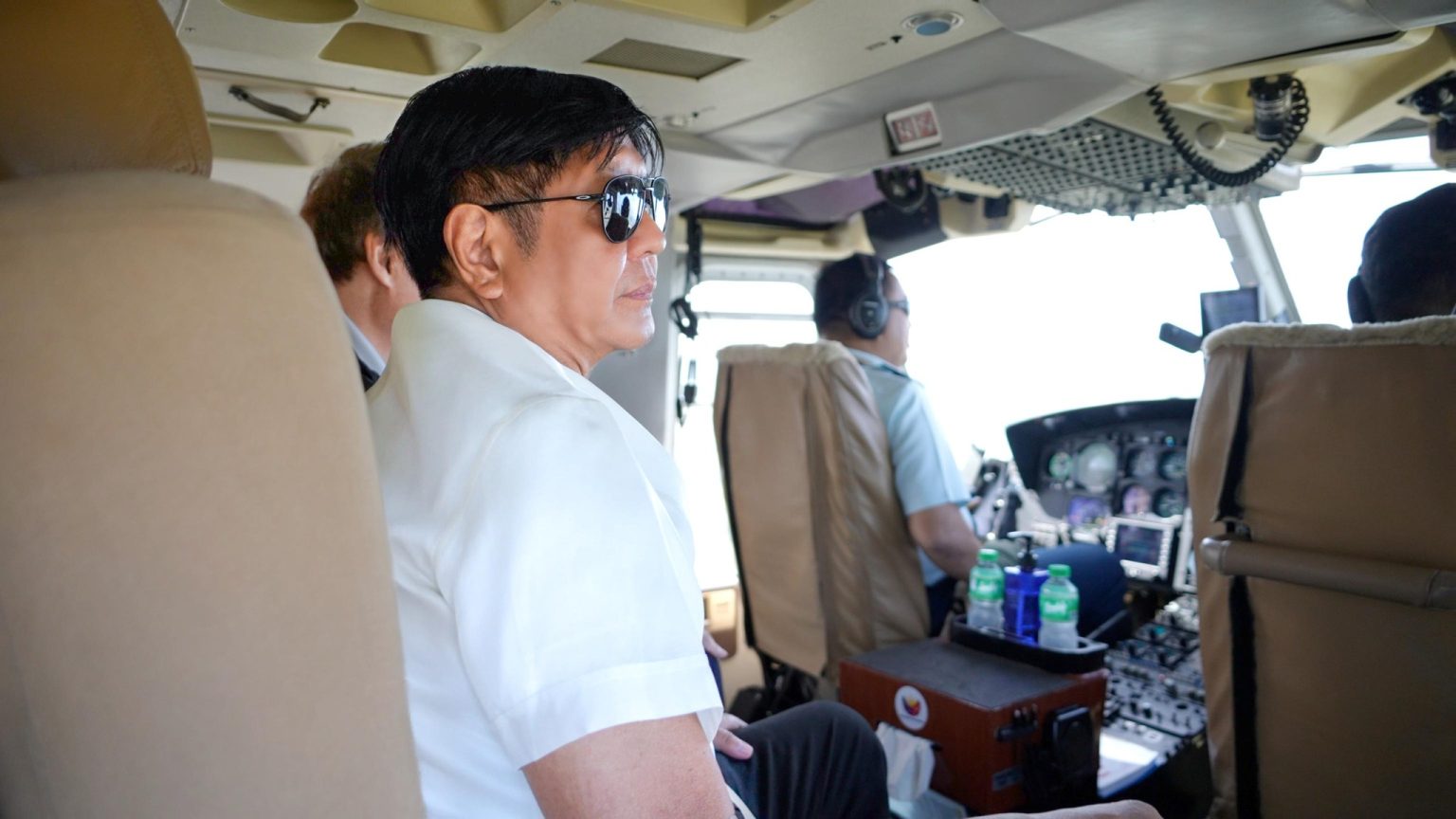JAPAN yesterday said it would further enhance partnerships with the Philippines and other allied nations in the face of Chinese aggressive activities in the South China Sea.
The Japanese Embassy issued the statement a day after Tokyo, Manila, Washington and Canberra staged a multilateral maritime cooperative activity (MMCA) in the West Philippine Sea, the part of the South China Sea claimed by the Philippines as its own.
“Japan is committed to strengthening its partnerships with like-minded countries in upholding freedom of navigation and rule of law,” the embassy said in a statement.
It added that the joint activity in the WPS between the Japanese Maritime Self Defense Forces, together with their counterparts from the Philippine Navy, US Navy, and the Royal Australian Navy and Air Force, “affirmed their commitment to strengthen regional and international cooperation in support of a free and open Indo-Pacific.”
Japan last year delivered air defense radars to the Philippines and is negotiating a reciprocal access agreement that would make it easier for Japanese troops to train there.
Apart from the joint maritime patrols, a trilateral summit among Japanese Prime Minister Fumio Kishida, President Ferdinand Marcos Jr., and US President Joe Biden will also be held on April 11 in Washington.
US Secretary of State Antony Blinken, in a recent visit to Manila, lauded the strengthening of the US-PH defense ties amid the increasing tension in the South China Sea due to aggressive Chinese activities. Blinken also reaffirmed Washington’s “ironclad” commitment to Manila under the 1951 Mutual Defense Treaty that binds both countries to come to each other’s aid in case of foreign invasion or aggression.
The US and Japan are two of the top economic and trading partners of the Philippines and source of official development assistance, loans and grants.
Australia is the only other country, apart from the US, that the Philippines has an agreement governing the conduct and stay of their forces in the country during military maneuvers and exercises with their Filipino counterparts.
Marcos has initiated a major turnaround of the country’s foreign policy since he assumed power in 2022, away from the one espoused by his predecessor, Rodrigo Duterte, who sought to maintain close ties with Beijing and Moscow, away from Washington, the country’s traditional ally and security guarantor.
Biden hosts the leaders of Japan and the Philippines this week to boost economic and defense ties as the allies seek to offset China’s growing might and manage risks ranging from North Korea to the wars in Ukraine and Gaza.
Biden’s bilateral summit with Japanese Prime Minister Fumio Kishida on April 10 will bring an upgrade in defense ties with Japan, Washington’s cornerstone ally in the Indo-Pacific region and an increasingly important global partner.
Kishida, beleaguered at home, will be greeted in America with great fanfare, with Japanese flags already festooning Washington lampposts and a glittering White House dinner with some 200 guests.
On Thursday, he will become only the second Japanese leader to address a joint meeting of Congress after his assassinated predecessor Shinzo Abe gave a speech in 2015.
The US will hail Japan as a vital regional and global ally and Kishida will be able to bask in praise for defense reforms that have taken Japan further from its post-war pacifism.
Also looming over the meetings are Japanese concerns that in any second Trump term he might seek a deal with China that could destabilize the region, revive protectionist trade measures or demand more money for the upkeep of US forces in Japan, worries some analysts and those close to the former president say are overblown.
On Thursday, Biden holds a bilateral meeting with Marcos, whom he welcomed to Washington just last year, before the two join Kishida for a trilateral summit expected to focus on countering Chinese pressure on the Philippines in the disputed South China Sea.
US officials emphasized that summit interactions with the Philippines will cover more than defense, with “consequential” outcomes in areas such as energy and economic security, and major infrastructure projects.
“It’s a really important moment for us to hear from the Philippines about what kinds of support may be most useful,” a senior US administration official said. — With Reuters




